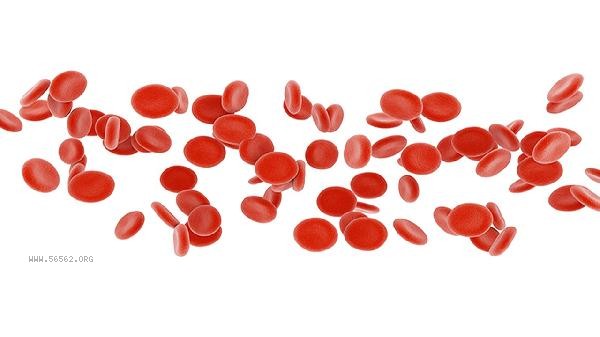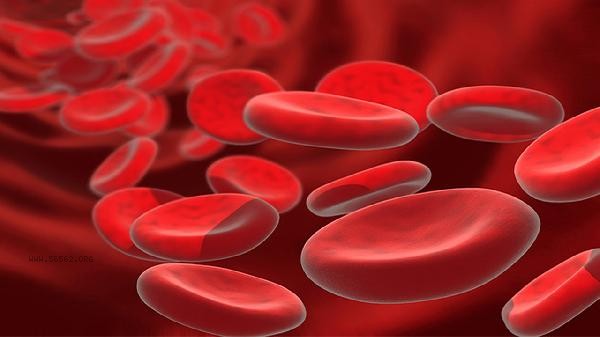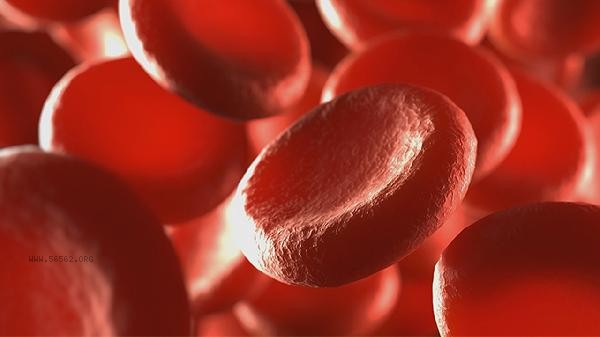Elevated average red blood cell volume may be caused by factors such as iron deficiency anemia, megaloblastic anemia, chronic liver disease, hypothyroidism, and long-term alcohol consumption. A high MCV indicates an abnormal increase in red blood cell volume, which needs to be further analyzed in conjunction with other indicators.

1. Iron deficiency anemia:
insufficient iron leads to impaired hemoglobin synthesis, and the bone marrow compensates by producing large volumes of immature red blood cells. Typical symptoms include fatigue, dizziness, and elevated MCV with decreased hemoglobin in the blood routine. It is necessary to supplement iron rich foods such as animal liver and spinach, and use iron supplements under the guidance of a doctor for treatment.
2. Megaloblastic anemia:
Vitamin B12 or folate deficiency affects red blood cell DNA synthesis, leading to abnormally enlarged megakaryocytes in the bone marrow. Common symptoms include glossitis, numbness in the hands and feet, and a significant increase in MCV on blood tests. It is necessary to increase the intake of lean meat and green leafy vegetables, and supplement vitamin B12 injection or folic acid tablets if necessary.
3. Chronic liver disease:

Abnormal liver function leads to lipid metabolism disorders, and cholesterol deposition on the red blood cell membrane causes an increase in volume. Often accompanied by liver discomfort, skin yellowing, and laboratory tests showing elevated transaminase levels. It is necessary to control alcohol consumption and low-fat diet, and treat primary liver disease.
4. Hypothyroidism:
Insufficient thyroid hormones slow down bone marrow hematopoietic function, leading to the appearance of large volumes of red blood cells in peripheral blood. Patients often have symptoms of fear of cold and weight gain, and thyroid function needs to be tested. The main treatment is thyroid hormone replacement, combined with iodine rich foods such as kelp and seaweed.
5. Long term alcohol consumption:
Alcohol directly damages the bone marrow hematopoietic microenvironment, while interfering with folate metabolism, leading to an increase in red blood cell volume. After quitting drinking, MCV can gradually recover, and it is necessary to strengthen nutrition and supplement vitamin B family, and regularly monitor changes in blood indicators.

When MCV is found to be high, iron metabolism, vitamin B12, folate testing, and liver function examination should be completed. Pay attention to a balanced diet in daily life, and increase intake of red meat, dark vegetables, and dairy products in moderation. Avoid excessive drinking and patients with thyroid diseases should take medication regularly. If accompanied by obvious anemia symptoms or persistent abnormal indicators, it is recommended to seek medical attention from a hematology specialist to screen for diseases such as myelodysplastic syndrome. Pregnant women and elderly individuals with elevated MCV should pay special attention to their nutritional status and undergo bone marrow biopsy if necessary.









Comments (0)
Leave a Comment
No comments yet
Be the first to share your thoughts!